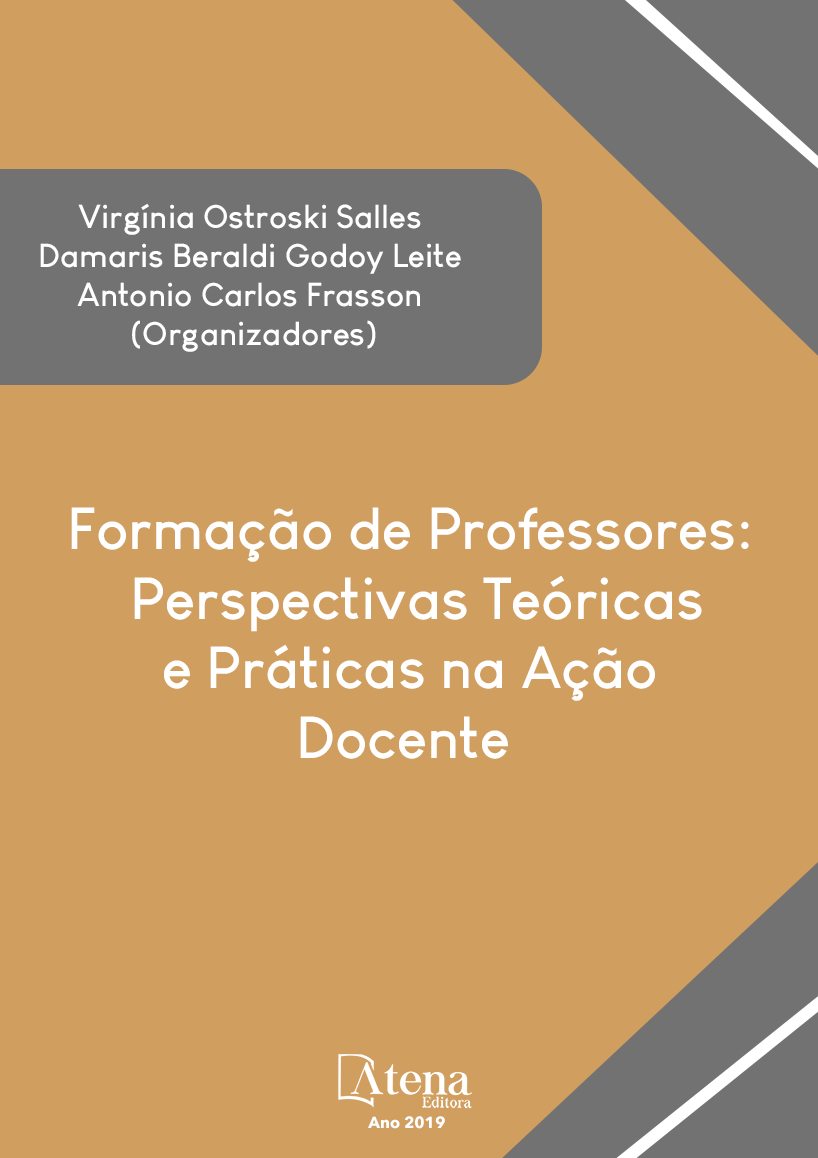
CONTRIBUIÇÕES DA NEUROCIÊNCIA PARA A EDUCAÇÃO DO SÉCULO XXI VOLTADA À INCLUSÃO EDUCACIONAL
O objetivo deste artigo foi descrever
as possíveis contribuições da Neurociência
para a educação do século XXI voltada à
inclusão educacional. Trata-se de um ensaio
teórico baseado na produção científica sobre
o tema disponível em bases indexadoras
como SciELO, Academics Google e Portal
de Periódicos da Capes. A partir do conteúdo
bibliográfico revisado, notou-se que os autores
ressaltam a necessidade de mudanças na
educação brasileira para a efetivação da
educação inclusiva. São necessárias alterações
no currículo escolar regular somado a fatores
relacionados ao desenvolvimento profissional
docente, como a criatividade, a capacidade de
liderança, inovação e resolução de problemas,
abertura às mudanças e respeito à diversidade
do aluno. Considerando estes aspectos,
defende-se neste trabalho que o conhecimento
desenvolvido pelas pesquisas neurocientíficas
pode contribuir para a formação profissional
docente, porém, outros fatores importantes
precisam ser considerados, como recursos
governamentais e a participação coletiva.
CONTRIBUIÇÕES DA NEUROCIÊNCIA PARA A EDUCAÇÃO DO SÉCULO XXI VOLTADA À INCLUSÃO EDUCACIONAL
-
DOI: 10.22533/at.ed.8711919114
-
Palavras-chave: Neurociência. Profissionalização Docente. Inclusão Educacional.
-
Keywords: Neuroscience. Professionalization of teaching. Educational Inclusion.
-
Abstract:
The purpose of this article
was to describe the possible contributions
of Neuroscience to the education of the XXI
century focused on educational inclusion. This
is a theoretical essay based on the scientific
production on the subject available in index
bases like SciELO, Academics Google and
Portal of Periodicals of Capes. From the
revised bibliographic content, it was noted that
the authors emphasize the need for changes
in Brazilian education for the realization of
inclusive education. Changes in the regular
school curriculum are required, together with
the professional development of the teacher, seeking creativity, leadership, innovation
and problem solving, opening the changes and respect for the diversity of the student.
Considering these aspects, it is defended in this work that the knowledge developed by
the neuroscientific research can contribute to professional teacher training, however,
other important factors need to be considered, such as governmental resources and
collective participation.
-
Número de páginas: 15
- Fabio Seidel dos Santos
- Pauline Balabuch
- Daniela Frigo Ferraz
- Antonio Carlos de Francisco
- Bruno


